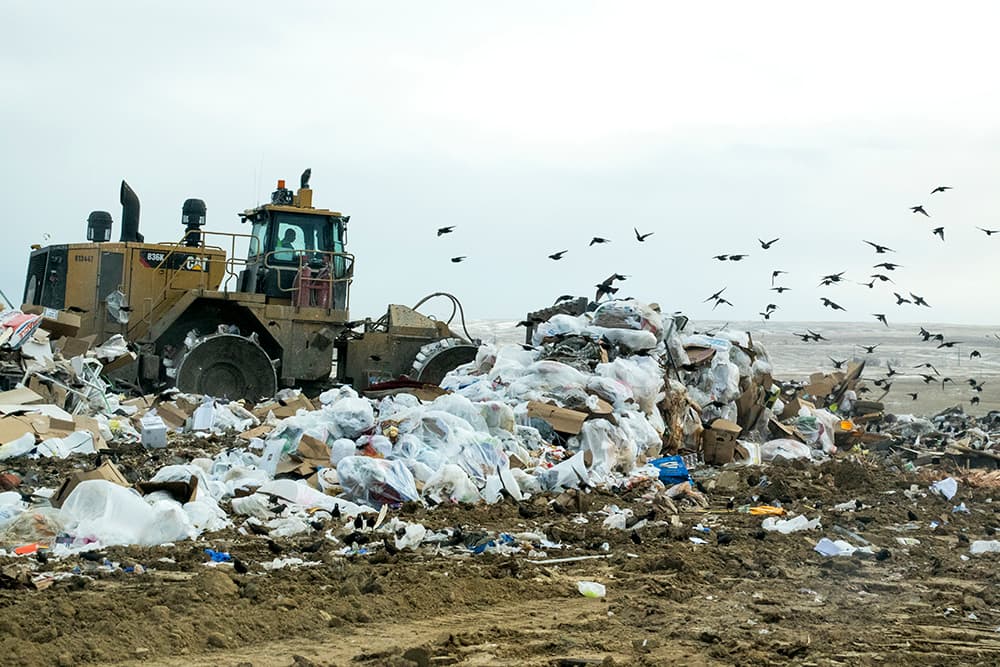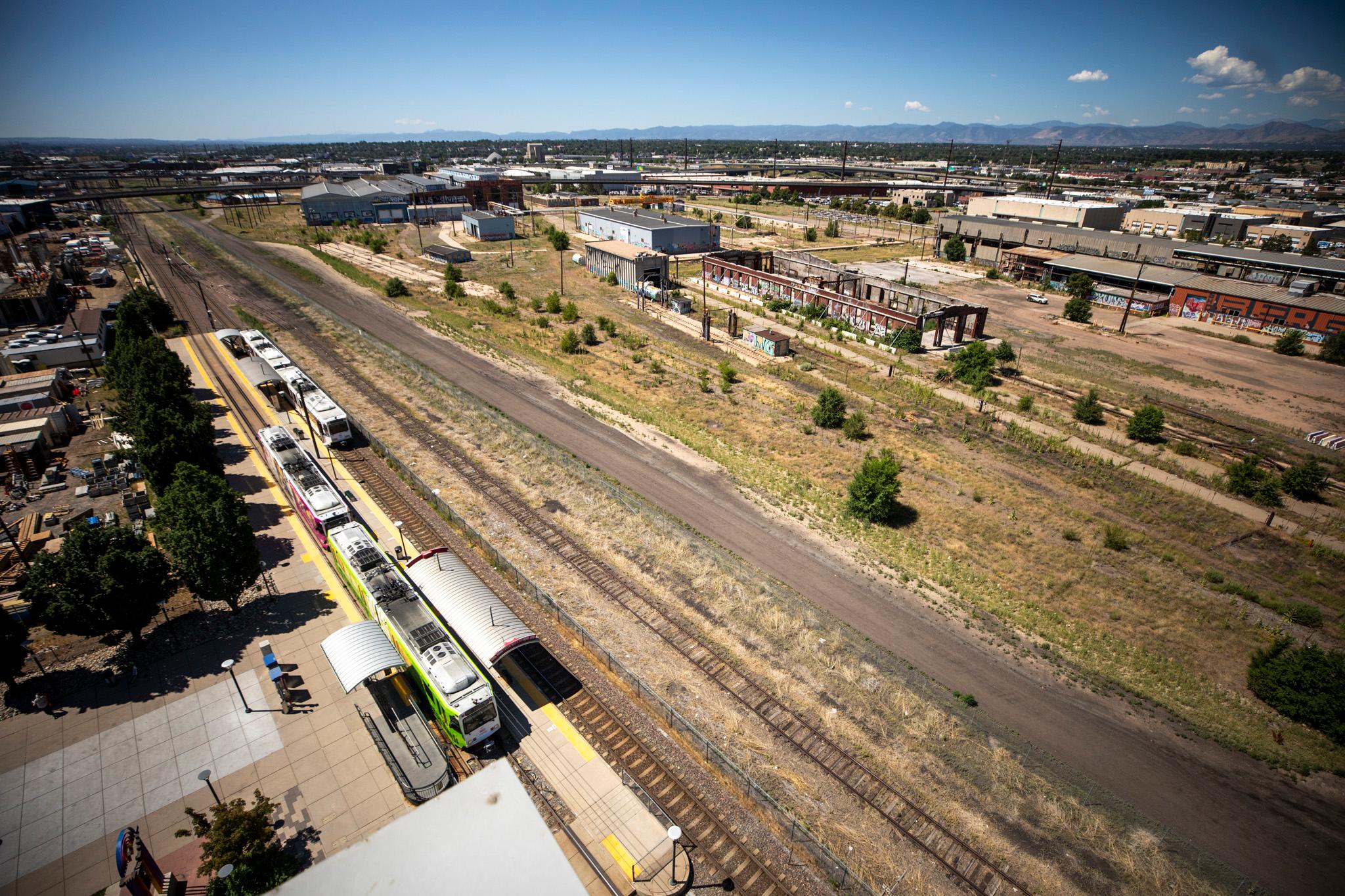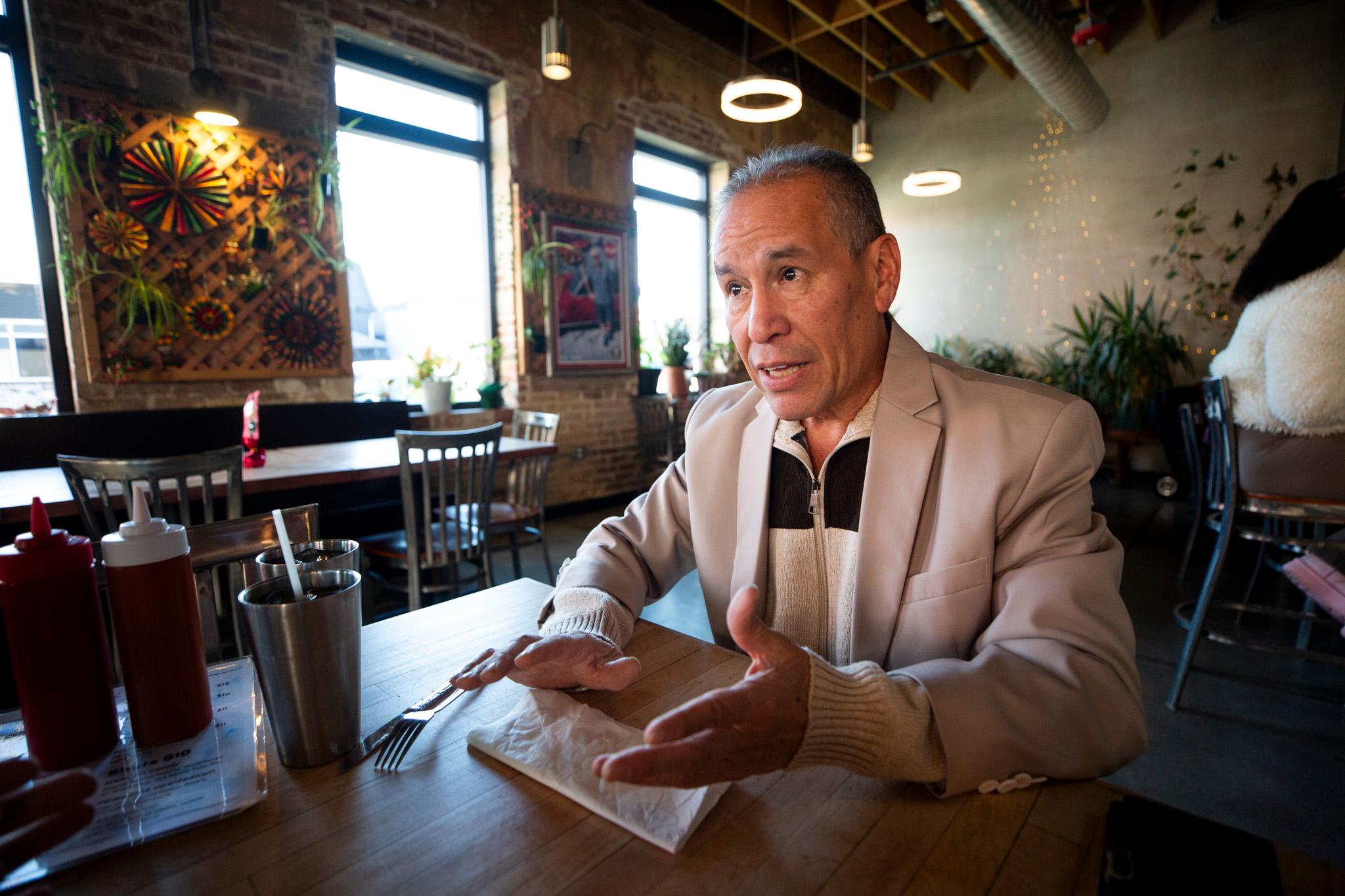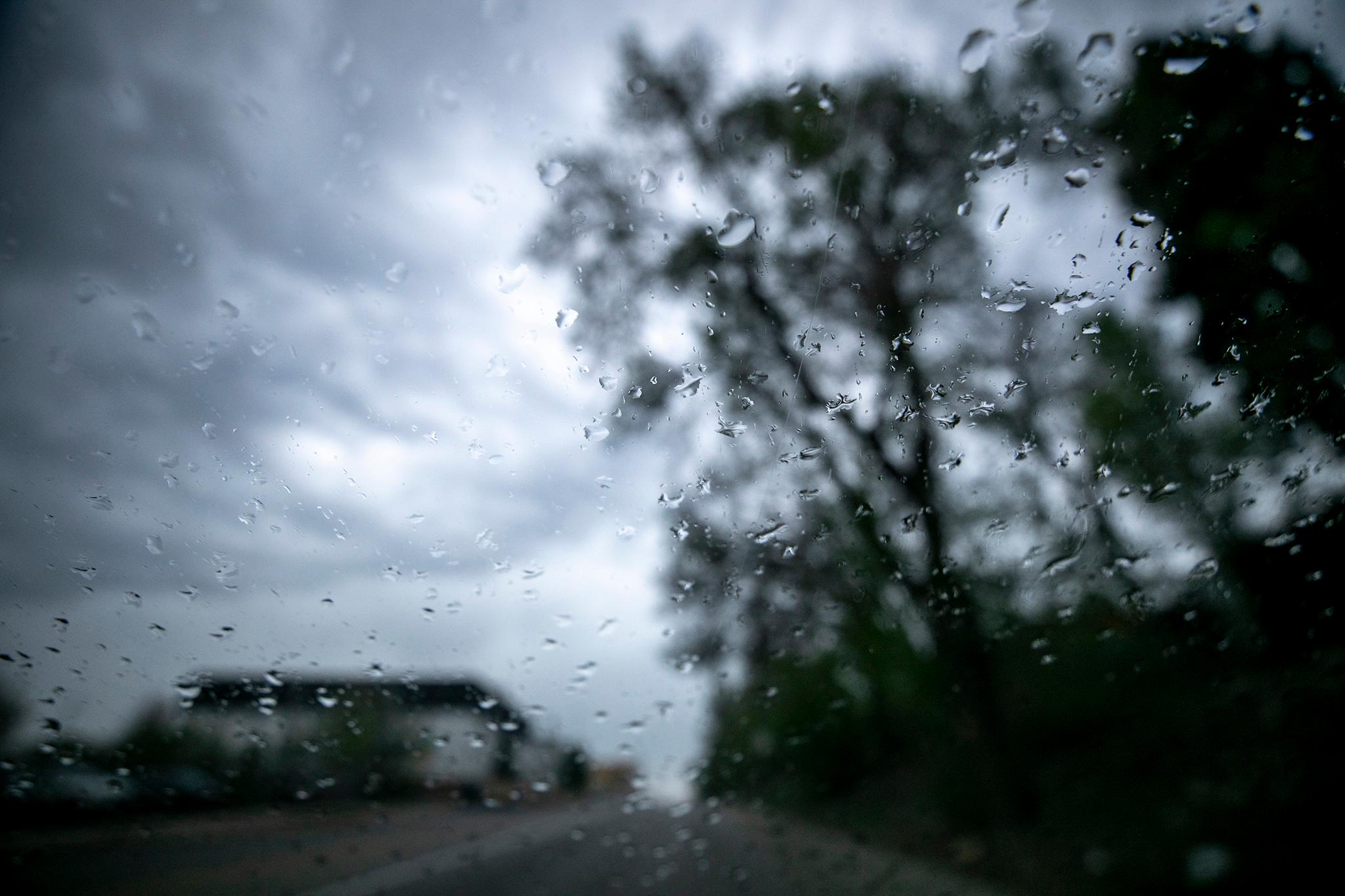Back in January 2023, Denver made a fundamental change to its trash collection program.
The city started charging customers more, or less, based on how much trash they throw away. This new volume-based pricing was meant to encourage recycling and composting, instead.
Denver ultimately hopes to divert tons of waste away from landfills, with help from upgrades to the recycling and composting programs. But so far, the city’s far behind its goal.
“We're not quite on track for all of that,” acknowledged Department of Transportation and Infrastructure Executive Director Amy Ford at a Budget and Policy Committee earlier this week.
Under the new system, the city charges residents based on the size of their trash bins. The city also increased access to weekly composting and recycling — a program that should be fully implemented citywide by the end of next year.
Before the new program began, Denverites were recycling or composting about 23 percent of their waste. Today, it’s about 26 percent.
The city's goal are much loftier: They want to reach 50 percent diversion by 2027, and 70 percent by 2032.
While Ford notes the diversion rate is “trending in a positive direction,” improvements aren’t currently happening fast enough to hit the 2027 goal.

Increasing recycling comes with unexpected carbon consequences.
The city now picks up recycling once every week instead of once every two weeks, doubling the frequency. But that only corresponded with a 20 percent increase in the amount of waste that was recycled. That number reached about 45,000 tons in 2023.
Meanwhile, increasing the pickup schedule means waste vehicles are driving an extra 170,000 miles per year — adding 1,200 tons of greenhouse gases into the environment. To offset a single year of extra emissions, nearly 20,000 trees would need to be planted and maintained for ten years, according to figures from the Environmental Protection Agency.
Waste pickup trucks have the worst fuel economy of any in the city’s fleet, getting just 2.5 miles per gallon. Ford suggested the city could update its fleet and move toward electric vehicles.
The city's compost program also hasn't grown as fast as hoped. While composting has the greatest effect on greenhouse emissions, the rollout has been slowed by low staffing and an outdated vehicle fleet, Ford said.
The current fleet of solid waste vehicles is in bad shape, with 67 percent now beyond their useful life — typically measured at eight years. Nearly one in three vehicles is older than 10 years, and some of those vehicles are in maintenance rather than on the road.
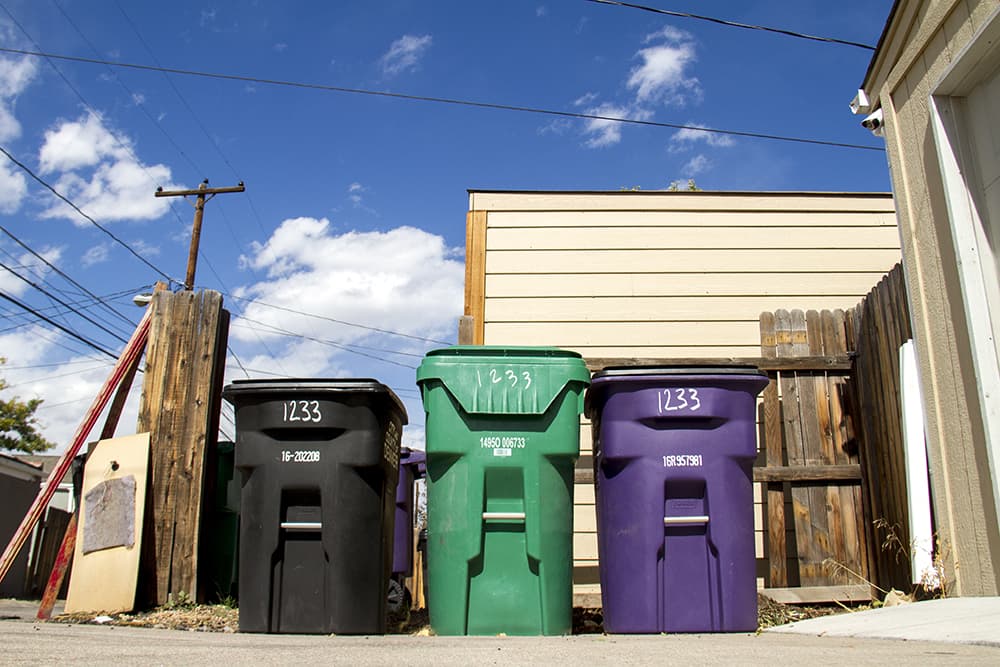
"We're not satisfied with how we're doing. "
The city's staff and vehicle shortages are also disrupting waste pickups.
The city is picking up trash on time just over 90 percent of the time, slightly behind its 93 percent goal.
To keep things on track, the city is having to outsource waste pickup to private companies.
“Even with those,” Ford said, “we are still struggling a bit.”
As as result DOTI is focusing on how to improve customer service.
“We're not satisfied with how we're doing, frankly,” Ford said. “We're not satisfying a service that people are effectively paying for. And how do we ensure that we get better?”
How is trash, recycling and composting collection going for you? Are you part of the new system yet? If so, what’s working? What’s not? What questions do you have? Send us your waste woes and wonders to [email protected].

